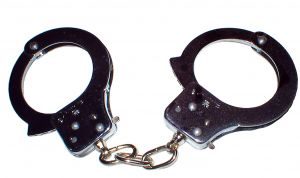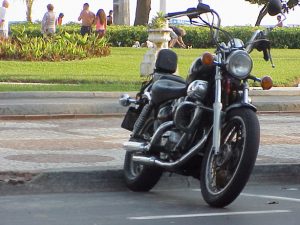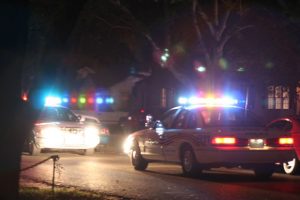A substantial number of criminal cases that are prosecuted in Florida result in some type of conviction by way of a plea bargain. As noted by the American Bar Association, this typically involves prosecutors offering a deal that allows the defendant to plead guilty to a lesser crime than what was originally charged. However, many of these are not truly “bargains” at all. A dedicated, experienced criminal defense attorney should carefully weigh whether you might be better served taking the case to trial. If not, he or she should be skilled and adapt at the plea bargain negotiation process.
The issue with the plea bargain process is that, as noted in a recent analysis by The Atlantic, innocence isn’t always relevant to the outcome – particularly if you don’t have a good lawyer defending you. Approximately 94 percent of state-level criminal felony convictions and 97 percent of federal felony convictions are the result of a plea bargain. Estimates for misdemeanor cases are even higher. This highlights something our Fort Lauderdale defense attorneys often must explain to our clients: The vast majority of criminal cases don’t go to trial. Of course, those figures don’t include cases wherein the charges are dismissed prior to the trial or plea bargaining phase. But this is a reality that was underscored in the 2012 U.S. Supreme Court ruling of Missouri v. Frye, an important case that helped establish a defendant’s right to competent counsel when they are extended a prosecutor’s plea bargain.
Plea bargains can absolutely be advantageous to a defendant, particularly when the weight of the evidence against them is substantial. It’s also less costly for taxpayers because it costs a great deal of time and money to hold a criminal trial. But here’s the other thing plea bargains can do: Compel you to plead guilty to a crime you didn’t commit. Continue reading
 Fort Lauderdale Criminal Attorney Blog
Fort Lauderdale Criminal Attorney Blog












